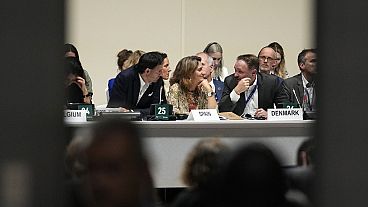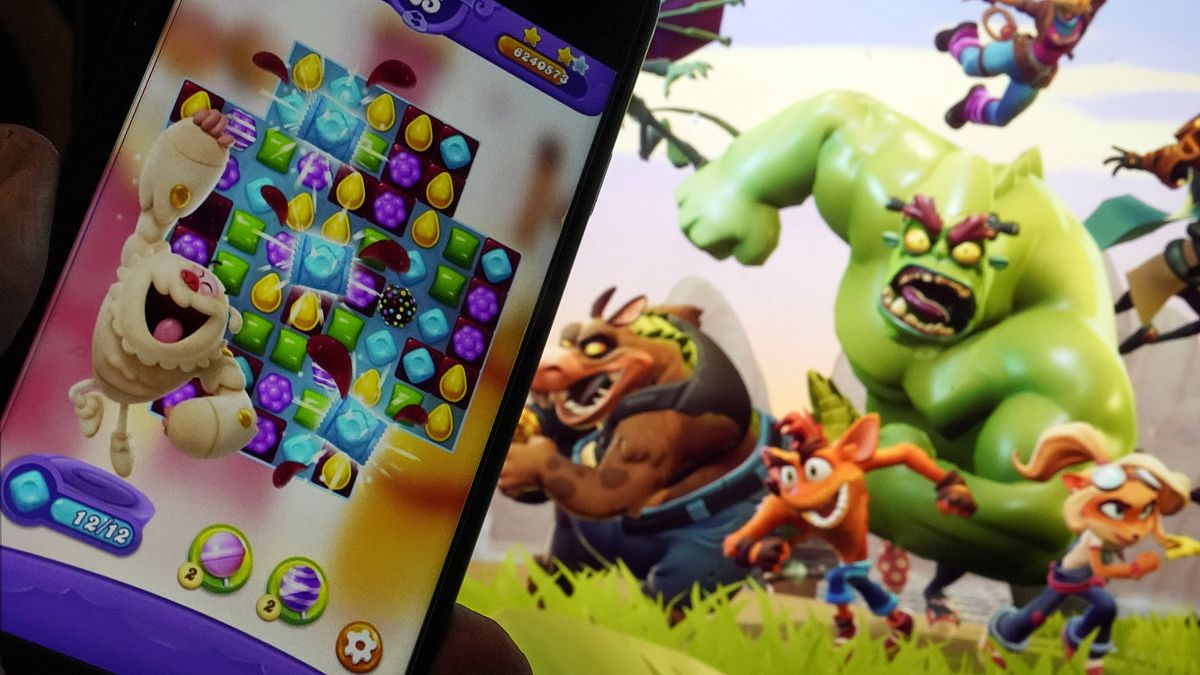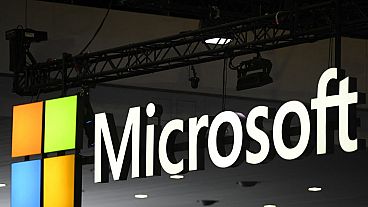BEUC lodges complaint against the video games companies owning Fortnite, EA Sports, Minecraft, Roblox and Clash of Clans for pushing often young users to purchase in-game currency.
European Consumer network BEUC today (12 September) announced it has filed complaints with the European Commission and Network of Consumer Authorities against "misleading" use of in-game currencies for purchasing items, upgrades, or bonuses.
The group argues that these virtual currencies can distort players' awareness of the actual amount of money spent. It states this is particularly concerning for younger players, who, according to BEUC, make up 84% of the gaming population. A 2023 study by Ipsos and Video Games Europe revealed that children in Europe who make in-game purchases spend an average of €39 each month on various gaming extras.
It’s a highly lucrative business, with virtual purchases generating an estimated €46 billion in annual revenue for the video game industry in 2020.
BEUC's legal action targets major video game publishers namely Activision Blizzard, Electronic Arts, Epic Games, Mojang Studios, Roblox Corporation, Supercell, and Ubisoft, accusing them of violating EU consumer protection laws. The action targets publishers across mobile, PC, and console platforms.
“Gamers shouldn’t need to rely on a calculator anytime they want to make an informed decision on how much they want to spend,” said Agustín Reyna, Director General of BEUC. The consumer protection organisation recommends using real-life currency to help users better understand the amount of money being spent.
If a consumer law breached is found by the European Network of Consumer Authorities, it can decide to launch a coordinated action in cooperation with the European Commission to push for the end of the in-game currency practice.
Video Games Europe, the organisation representing the video games industry, declared in a statement that publishers have always respected EU consumers laws. "Video Games Europe and its members support and promote fair and transparent principles for purchases of in-game content, including for in-game currency." - adding that in-game currency is a common practice understood by users.
They also wrote that "players can experience entire games without spending any money, giving them the opportunity to try games without any upfront cost or commitment".
This article has been modified to include a statement from Video Games Europe.















